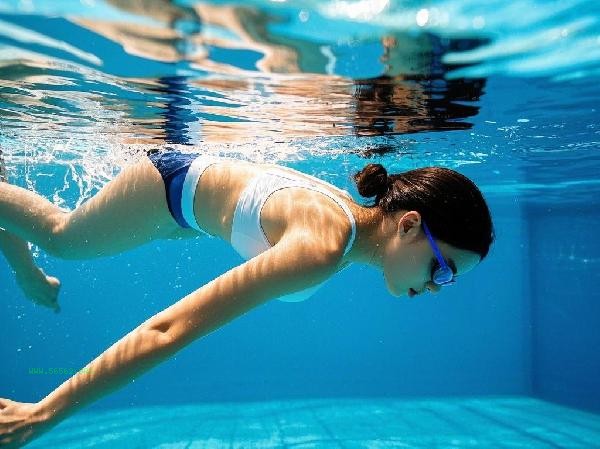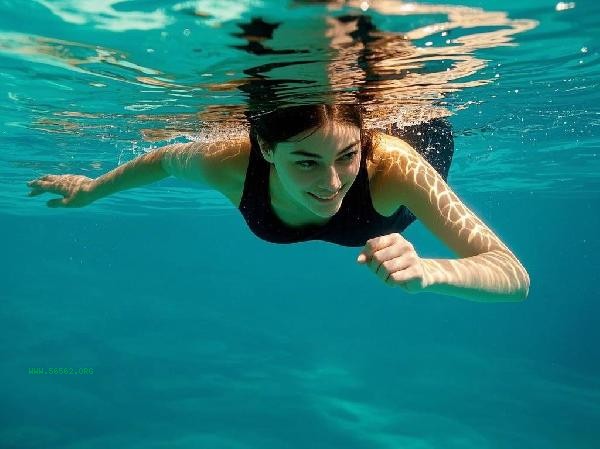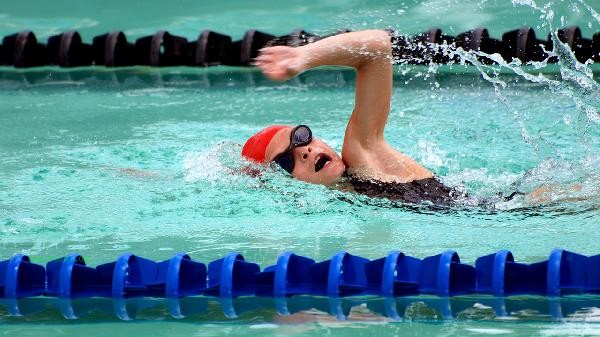The emphasis on eating before and after swimming is often referred to as a sports nutrition supplement strategy, which mainly involves three aspects: energy supply, digestive burden control, and water balance. Reasonable dietary arrangements can help improve exercise performance and avoid hypoglycemia or gastrointestinal discomfort. It is recommended to choose easily digestible, low-fat carbohydrate foods such as bananas, whole wheat bread, or oatmeal 1-2 hours before swimming. This type of food can provide stable energy without causing a burden on the stomach. If time is tight, a small amount of sugary foods such as juice or energy bars can be supplemented 30 minutes before swimming, but high fiber or high protein diets should be avoided to prevent gastrointestinal bloating or blood concentration in the digestive system during exercise, which can affect exercise ability. Within 30 minutes after swimming, it is the golden window for supplementing nutrition. It is recommended to prioritize consuming mixed foods of carbohydrates and proteins, such as yogurt with fruits, egg sandwiches, or professional protein powder drinks. At this time, supplementation can quickly repair muscle tissue and replenish glycogen reserves. If the swimming intensity is high or the time is long, it is also necessary to pay attention to supplementing electrolyte drinks to balance body fluids. It is necessary to avoid consuming high-fat or fried foods immediately, as these foods can delay the recovery process.

Diet before and after swimming should be flexibly adjusted according to individual physique, swimming duration, and water temperature. When the water temperature is low, it is necessary to increase calorie intake appropriately. It is recommended to carry a portable energy supplement for long-term swimming. Regardless of before or after swimming, the principle of drinking water in small amounts multiple times should be followed to avoid excessive drinking at once, which increases the burden on the kidneys. Special groups such as diabetes patients or those with weak gastrointestinal function should develop personalized programs under the guidance of professional nutritionists. If there is persistent loss of appetite or indigestion after exercise, it is necessary to seek medical attention promptly to investigate potential health problems.









Comments (0)
Leave a Comment
No comments yet
Be the first to share your thoughts!